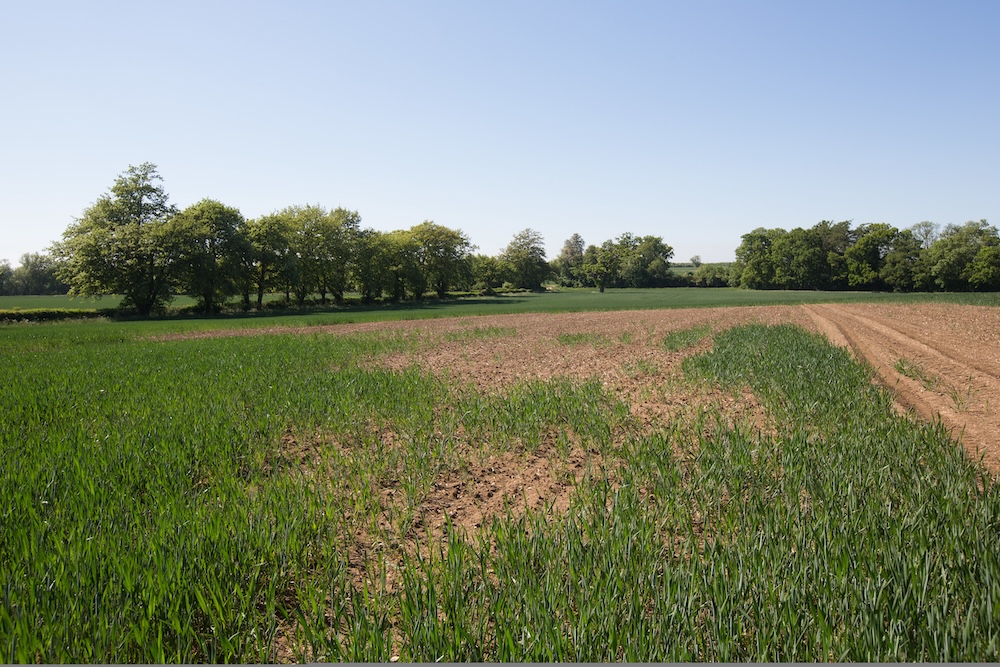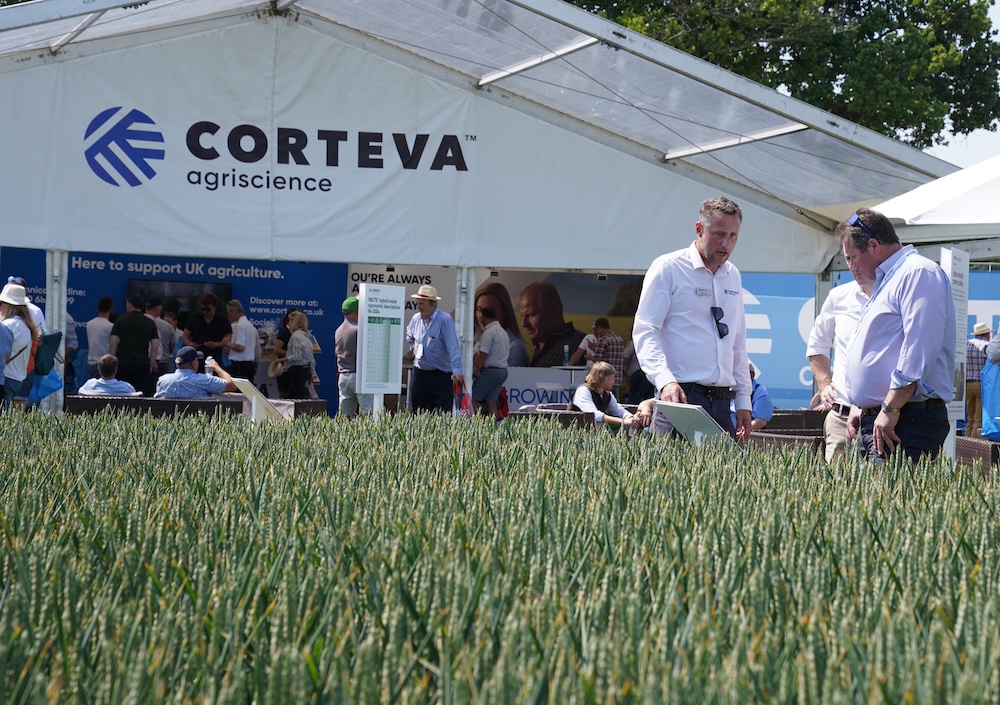
Farmers up and down the country have started trials on their farm to help develop new precision slug control solutions.
Strategies Leading to Improved Management and Enhanced Resilience Against Slugs (SLIMERS) is a three-year £2.6m research project involving over 100 UK farms and six industry partners, funded by Defra’s Farming Innovation Programme which is delivered by Innovate UK.
The slug monitoring project brings together a number of research projects, including work done on location of patches with higher slug numbers that can be forecasted in fields. This could help reduce the industry’s reliance on slug pellets, bringing significant economic benefits.
A ground-breaking feature of the trial now underway is that all slug monitoring is carried out by farmers and agronomists, rather than research staff.
“This is the first time a slug-monitoring project has been attempted on this scale,” says project lead and BOFIN founder, Tom Allen-Stevens. “Our 28 farmers – or Slug Sleuths as we have called them – are determined to overcome their pest burden and are being paid to host trials on their own farms, which have now begun. Each of them will monitor a one-hectare grid of 100 slug refuge traps in their crop over the autumn.”
Professor Keith Walters from Harper Adams University drew up the protocol with BOFIN for the triallist farmers, many of whom have experience carrying out their own on-farm trials.
“We know from a previous slug trial with BOFIN that if resourced correctly, farmers can deliver data up to the standard of a professional trials technician. Given they are on site, this means we should have quality data from the spread of sites and geographic locations we need for a fraction of the cost.”
For Keith, SLIMERS will bring nearly a decade of research to a conclusion and, with it, hopefully deliver a commercially-viable means of predicting and treating slugs with targeted treatment.
“Most farmers already know that slugs aren’t necessarily evenly distributed across a field, instead preferring certain locations,” he said. Keith realised that if research could get to the bottom of why these patches occur and where, farmers could benefit from spreading pellets, or even biological controls, across a much smaller area rather than the entire fields, with both economic and environmental advantages.
“If we can find out something about those patches and predict where they are, can we target pellets or biologicals on just those areas and achieve sufficient suppression of the slugs?” he asks.
“That was the original, basic premise. But it brought with it a lot of questions that needed to be answered first.
“Each one seemed impossible when we started. But now SLIMERS will hopefully answer the very last question: can we predict where the patches will occur so farmers can reliably target pellet application?”
The practical work of trapping and recording slug populations is already underway, and two technical webinars have already been held for anyone interested in learning more about the project, or becoming part of it.
The first webinar was an introduction to the project, while the second outlines how monitoring carabid beetle populations may reveal useful information about the relationship between these beetles and slugs. Both are available on BOFIN’s YouTube channel www.youtube.com/@BOFIN.
The request to look at beetles was made by the farmers themselves, and the video describes a protocol developed by Dr Kelly Jowett of Rothamsted Research.
On online forum has also been established, acting as a knowledge exchange hub to facilitate discussion, idea sharing and tips for best practice when it comes to slug burdens and controlling them.
The project team is urging farmers interested in being involved – or those who simply interested in alternative, precision techniques for control – to sign up now and join over 100 farmers, scientists and industry experts with specialist knowledge on slug control.
More information about the project, including links to project partners and research initiatives that underpin the project can be found at slimers.co.uk
ENDS
Notes to editors
- Strategies Leading to Improved Management and Enhanced Resilience Against Slugs (SLIMERS) is a three-year £2.6M research programme involving more than 100 UK farms and six partners.
- The project aims are to develop two commercial services from current proof-of-concept technologies: patch prediction and precision mapping, and autonomous slug treatment using nematodes.
- The project is steered by science, guided by robots and proven by real farm enterprises, with the potential to make a significant difference to slug control strategies, with slug damage currently estimated to cost £43.5M a year.
- BOFIN (British On-Farm Innovation Network) leads the consortium – alongside technical lead, CHAP – that includes Harper Adams University, John Innes Centre, Agrivation and Small Robot Company.
- SLIMERS is funded by the Small R&D Partnership Projects, part of Defra’s Farming Innovation Programme. Defra are working in partnership with Innovate UK, the UK’s innovation agency, who are delivering the programme. Project number: 10053286
- Innovate UK is the UK’s national innovation agency. Innovate UK drives productivity and economic growth by supporting businesses to develop and realise the potential of new ideas. It connects businesses to the partners, customers and investors that can help them turn ideas into commercially successful products and services and business growth. More information about Innovate UK can be found at: ukri.org
- All press enquiries for SLIMERS should be directed to BOFIN Farmers info@bofin.org.uk, or contact Skye Melita (skye@bofin.org.uk, 07483 238577)
For all on-farm trials press releases click here.




